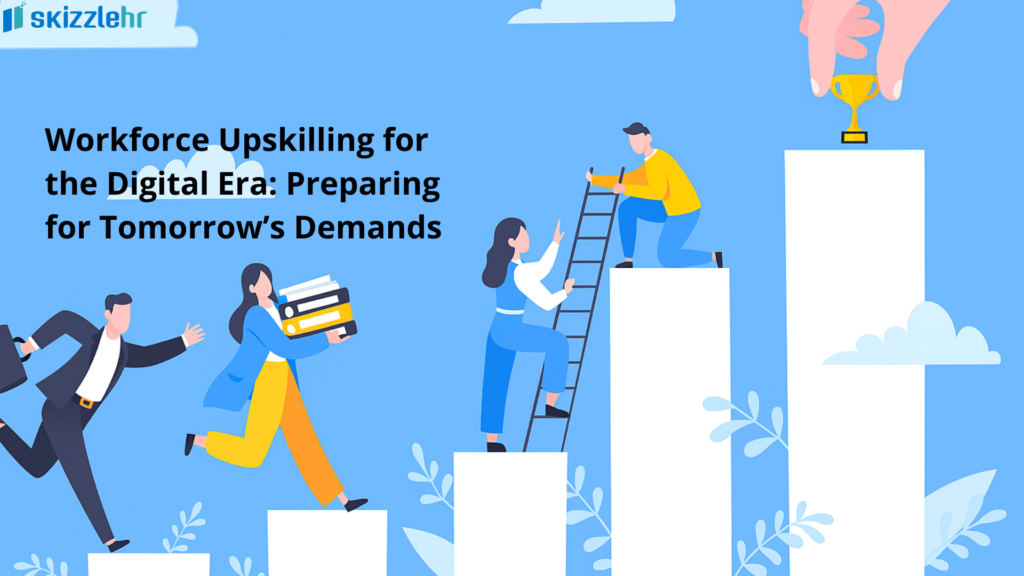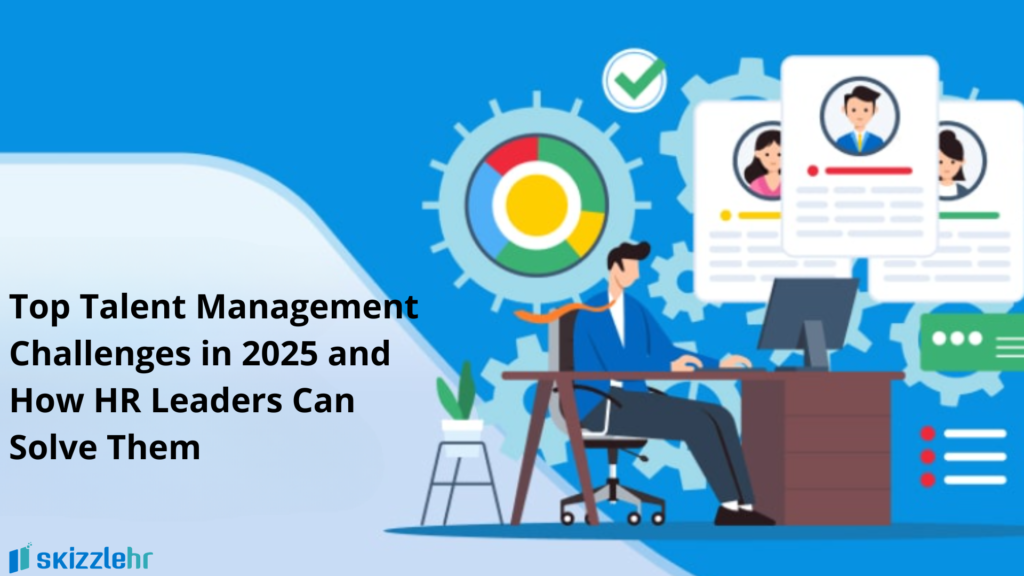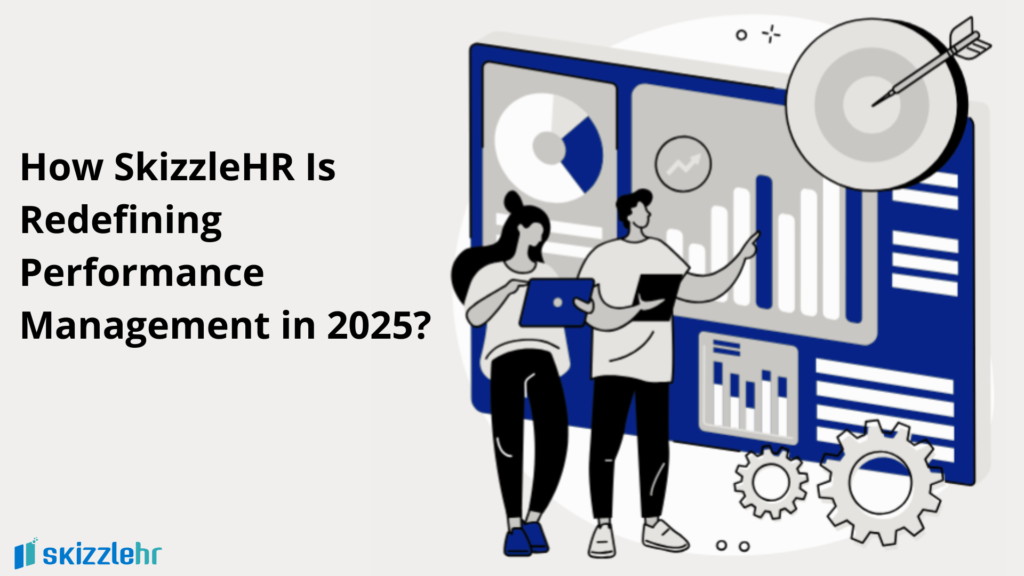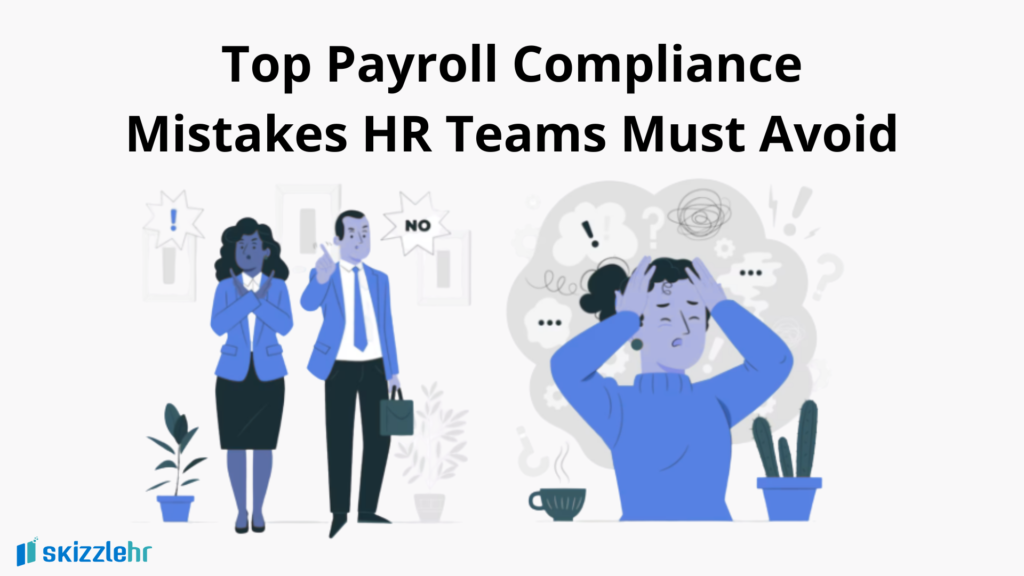Workforce Upskilling for the Digital Era: Preparing for Tomorrow’s Demands

In today’s rapidly evolving business environment, workforce upskilling has become more than just a trend—it is a necessity. Organizations are navigating constant technological advancements, shifting market demands, and increasing competition. For HR managers of small and medium-sized companies, ensuring employees are equipped with the skills required for tomorrow’s challenges is crucial. While many companies have adopted HR software, leveraging these tools to enhance learning, development, and digital readiness remains a key differentiator.
Why Workforce Upskilling Matters Today?
The pace of change in the modern workplace is unprecedented. Emerging technologies, automation, and AI are redefining roles across industries. A workforce that is not continuously learning risks falling behind, leading to decreased productivity, employee disengagement, and higher turnover. Hence, digital transformation in HR.
Digital Transformation in HR Allows Companies to:
- Bridge skill gaps: Identify current capabilities versus future requirements and provide targeted learning opportunities.
- Increase adaptability: Employees trained in new technologies and processes are more agile and resilient to change.
- Enhance employee engagement: Learning and development initiatives contribute to job satisfaction, motivation, and retention.
- Boost organizational competitiveness: Companies with a skilled workforce are better positioned to innovate and meet evolving market demands.
For HR leaders, integrating upskilling initiatives into everyday workflows ensures that employees remain future-ready without disrupting productivity.
Key Areas to Focus on for Effective Upskilling
Upskilling efforts should align with the organization’s strategic goals and the evolving demands of the digital era. Here are key areas HR managers should prioritize:
1. Technology Proficiency
Digital transformation is reshaping every industry. Ensuring employees are comfortable with modern tools; whether it’s collaborative software, analytics platforms, or automation tools—enhances efficiency and innovation.
2. Soft Skills Development
While technical skills are essential, soft skills such as problem-solving, communication, and adaptability remain critical. Training programs should balance technical expertise with interpersonal competencies.
3. Data Literacy
Data-driven decision-making is at the heart of modern business. Equipping employees with data literacy skills ensures they can interpret insights and contribute meaningfully to organizational strategy.
4. Leadership and Management Training
As teams evolve, future leaders must be nurtured from within. Upskilling managers and supervisors ensures they can guide their teams effectively in a digital-first environment.
Leveraging Digital Transformation in HR for Upskilling
The rise of digital transformation in HR has made it easier than ever to implement structured learning and upskilling programs. Modern HR platforms allow HR managers to:
- Track skill gaps and training progress in real-time.
- Offer personalized learning paths aligned with employee roles and growth plans.
- Integrate performance metrics with upskilling initiatives to measure impact.
- Facilitate seamless communication and collaboration across teams.
Companies that embrace digital HR tools can move beyond traditional classroom training to create an engaging, flexible, and scalable learning culture. This approach not only saves time but also encourages continuous growth across the workforce.
Best Practices for Implementing a Digital Transformation in HR Strategy
Successfully upskilling your workforce requires a strategic and well-planned approach. HR managers can consider the following best practices:
- Conduct Skill Audits: Identify the current skills of your workforce and pinpoint areas that require development.
- Create Personalized Learning Plans: Tailor programs to individual roles, career paths, and learning preferences.
- Use Blended Learning Approaches: Combine online modules, workshops, mentoring, and hands-on projects for maximum engagement.
- Track Progress and Measure Outcomes: Use HR analytics to monitor completion rates, skill improvements, and performance impacts.
- Foster a Learning Culture: Encourage employees to take ownership of their development through incentives, recognition, and growth opportunities.
SkizzleHR: Simplifying Workforce Upskilling
While many HR platforms offer training and development features, SkizzleHR stands out for its ease of use and intuitive interface. It allows HR managers to seamlessly plan, track, and execute workforce upskilling initiatives without complicated setups or cumbersome processes.
With SkizzleHR, you can:
- Launch role-based learning programs quickly.
- Monitor employee progress through integrated dashboards.
- Align upskilling initiatives with performance metrics.
- Ensure employees remain motivated and engaged through gamified learning experiences.
By combining digital transformation in HR with actionable insights and a user-friendly platform, SkizzleHR empowers organizations to future-proof their workforce efficiently.
Conclusion
Investing in workforce upskilling is no longer optional—it’s a strategic imperative for businesses seeking to thrive in the digital era. By prioritizing skill development, leveraging digital HR tools, and adopting a structured approach, HR managers can prepare their employees for the challenges and opportunities of tomorrow.
With SkizzleHR, even small and medium-sized companies can implement comprehensive upskilling strategies effortlessly, ensuring their workforce remains agile, capable, and ready to excel in a constantly evolving business landscape.
You might also like
Start Growing with SkizzleHR
Our team is ready to guide you through an interactive demonstration, tailored to your business needs.
Request a demo


